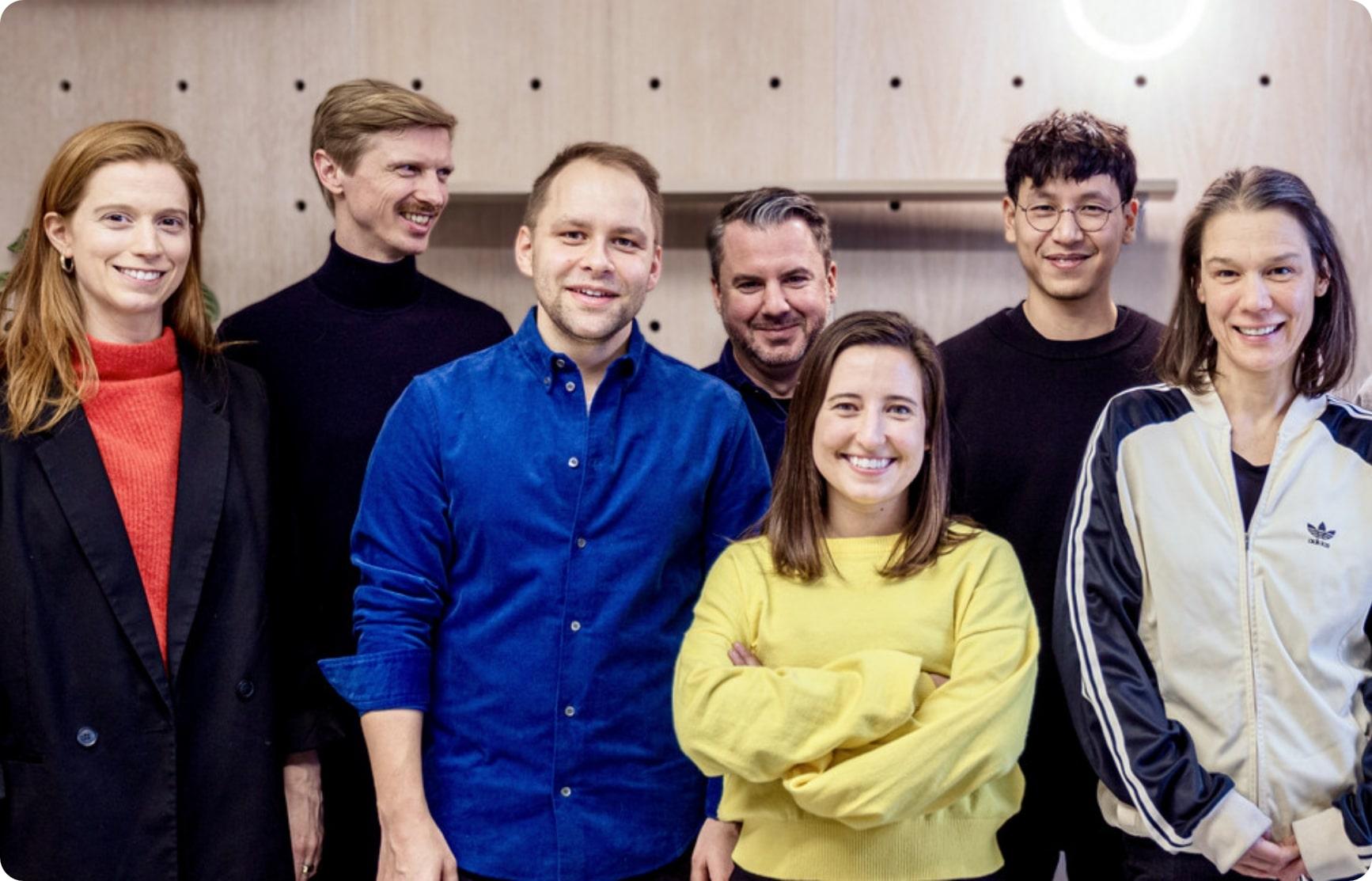In order to improve care for about six million people with severe mental illnesses in Germany, a digital platform has been developed by members of the Department of Psychiatry and Neurosciences at Charité – Universitätsmedizin Berlin at Campus Charité Mitte. The platform, called Recovery Cat, provides patients with individualized therapy plans and monitoring to assist them at home during their outpatient treatment. The aim is to reduce inpatient stays and empower self-driven lifestyles. The basis for "Recovery Cat" was created in the BIH Digital Health Accelerator Program of Charité BIH Innovation, the joint technology transfer of BIH and Charité. The teams from Charité BIH Innovation involved in the spin-off of Recovery Cat GmbH were accompanied and supported by the knowledge and technology transfer company Ascenion.
BIH Digital Health Accelerator together with Ascenion support a passionate project
The state of care for patients with severe mental illnesses in Germany is cause for concern these days. “Many patients are released from inpatient treatment after an acute crisis and are left to fend for themselves for days if not weeks on end. They often take strong medications that commonly have several side effects, which is a frequent cause of their stopping of treatment.The result is often further crises that make it necessary to go back to the hospital,” reports Dr. Jakob Kaminski, a psychiatrist and neuroscientist at Charité.
This situation is unacceptable to everyone. That is why physicians and scientists at Charité’s Department of Psychiatry and Neurosciences have developed Recovery Cat. This software provides support for transparent and easily understandable therapy planning as well as medication adjustment and crisis management for patients with severe mental illnesses. These include schizophrenia, bipolar disorders, and recurrent depressive disorders. Patients develop therapy and resource plans jointly with their doctors, who continually monitor the course of treatment with them. This enables everyone involved in patient therapy to follow their treatment progress and detect possible crises at an early stage. The app´s development has been overseen by a patient board from the get-go, which retains the product focus on allowing patients to lead largely autonomous everyday lives in their own homes.
Digital therapy planning and evaluation makes life easier for everyone
“Until now, important decisions such as medication dosage or changing medication have a tendency to be made on the basis of a single interaction with a doctor,” explains Kaminski, a co-founder of Recovery Cat. Yet Recovery Cat explicitly does not aim to replace contact with the team of doctors and psychologists treating the patient. Rather, it supplements the established course of treatment and is integrated directly into it. “We’re positive this will make things easier for everyone involved – patients, their families, hospitals, and the healthcare system,” adds Alissa M. Rohrbach, co-founder and CEO of Recovery Cat.
Data-driven care assists patients at home
Recovery Cat enables personalized, data-driven psychiatric care and provides at-home support to patients. “We encourage patients and medical professionals to enter into a dialogue during appointments so that individual patient needs get integrated into therapy planning. And in the period of time between appointments, our tool can fill the communication gap that otherwise occurs,” says Kaminski. In addition, making daily entries in the app encourages patients’ self-management and adherence to therapy plans.
Prof. Joachim Spranger, Dean of Charité, congratulates the founders of Recovery Cat: “I admire the innovative spirit of our young colleagues who, with courage and perseverance, have managed to transform their ideas for improving the care of psychiatric patients into a start-up company. They are bringing Charité’s ‘Rethinking Health’ strategy to life and exemplify the innovative power of Charité employees for the benefit of our patients.”
Thomas Gazlig, director of Charité BIH Innovation, is proud of Recovery Cat becoming the ninth spin-off to emerge from the BIH Digital Health Accelerator. He adds, “Recovery Cat encourages innovative thinking about existing treatment methods. To make sure new ideas from clinical observations reach patients, young developers need effective technology transfer and a team supporting them on their way. We’re happy that our programmes can make innovative products like this available to patients.”
How does the platform work?
By regularly asking patients to answer questions about relevant symptoms, side effects, medication intake, and life events, the platform gives them and medical professionals better insight into if and how their therapy is working. Reporting changes in their symptoms and regularly responding to a personalized treatment questionnaire help patients to remain stable over the long-term.
Data protection and security play a central role in digital healthcare solutions. Sensitive patient data is only shared when patients give their explicit consent in direct communication with physicians. This way, patients retain full control over their data. The data protection concept was largely developed by Andreas Pittrich, Recovery Cat’s third co-founder and Chief Technology Officer. In addition, Recovery Cat is working closely with patents to develop an app that truly improves the lives of people in crisis. The source code is open source, in order to promote closer cooperation in healthcare rather than competition. In Kaminski’s view, there have been far too few innovative approaches for patients with severe mental illnesses.
The BIH Digital Health Accelerator program supported the Recovery Cat project from 2020 until the spin-off was created in the fall of 2022. Ascenion negotiated the license agreement between Charité and Recovery Cat as well as the founding agreements with the founders and subsequently acquired a stake in Recovery Cat on behalf of Charité. In the words of Dr. Jakob Kaminski and Alissa Rohrbach, “The Recovery Cat project is a labor of love, and we’re overjoyed that the spin-off has now been set up. Along the way, the BIH DHA program’s wide range of support was indispensable to our success, providing mentoring, grant funding, access to networks, and the use of a coworking space.”

